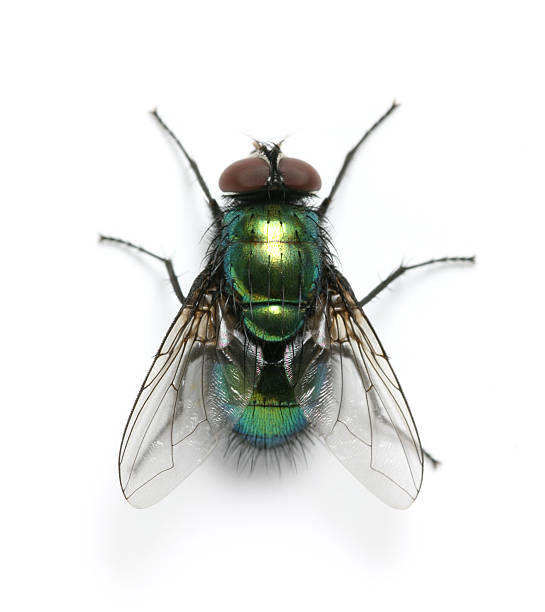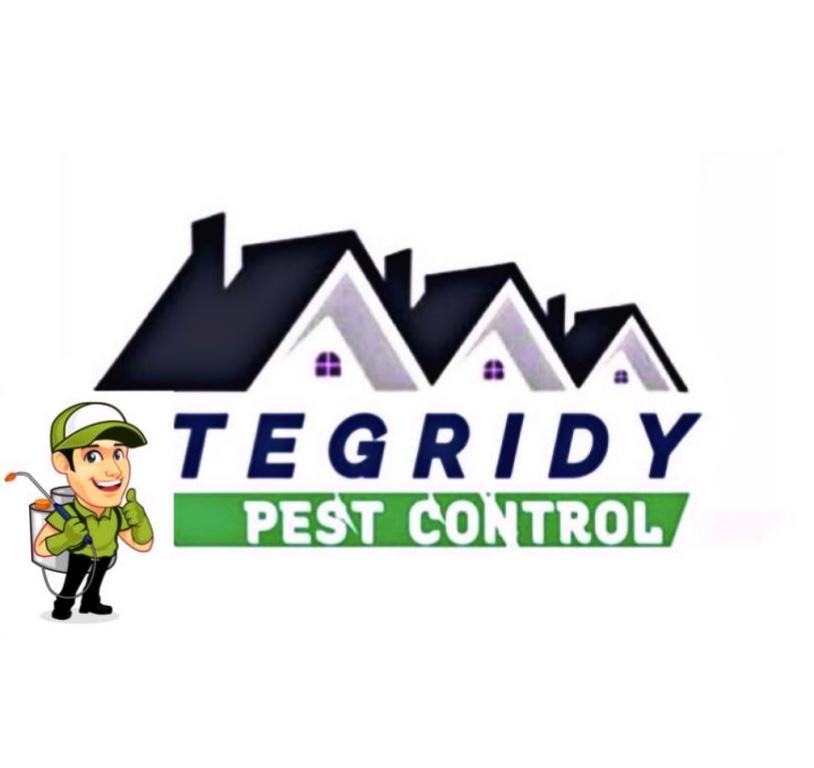Fly control

Effective control of house fly infestations is essential, especially in environments shared by humans, pets, and livestock, as flies not only cause annoyance but also pose serious health risks. To tackle this issue, it's vital to implement proper fly control measures, particularly in areas like food preparation zones, waste disposal sites, and livestock areas where flies are commonly found. Ignoring fly control can lead to a minor problem escalating into a severe infestation, as a single female fly can lay hundreds of eggs during her lifetime, with some species maturing from egg to adult in just a week. Typically, professional pest control services are only sought when the infestation has become critical.
In the Gauteng region, our team of pest control specialists has identified the House fly, Blow fly, Stable fly, Fruit fly, and Flesh fly as the most common species, all of which thrive in close association with human activities.
Recognizing the necessity for fly control is straightforward: flies are attracted to food preparation areas, waste disposal sites, and places with strong odors from livestock or food items. Signs of the need for control include fly droppings, evidence of feeding or egg deposition on food sources, and the presence of maggots in garbage bins, feces, or aged food.
Controlling flies is crucial as they can directly contaminate human food and surfaces, transmitting diseases such as Cholera, Hepatitis, Typhoid, Salmonella, E. Coli, and Bacillary Dysentery. Effective fly control is vital not only for preventing disease transmission but also for upholding the reputation of businesses in the food industry and preventing embarrassment and frustration for homeowners.
At Tegridy Pest Control, we employ various methods for effective fly control, choosing treatment options based on the location of the infestation, particularly in sensitive areas like food preparation zones. Residual insecticide sprays and baiting are effective in areas where flies congregate, while UV light traps and sticky boards are used in spaces requiring HACCP compliance. Fogging is employed in enclosed areas with high infestation levels, and when fly larvae are present, we use residual sprays to address this issue comprehensively.
